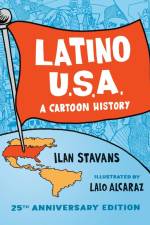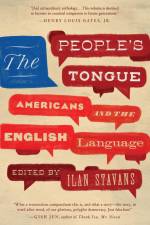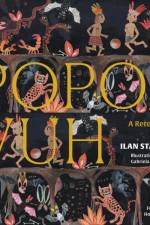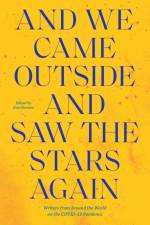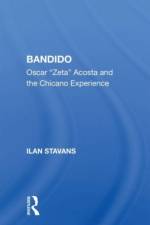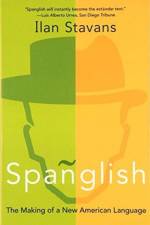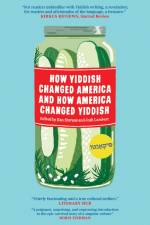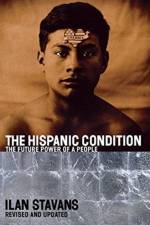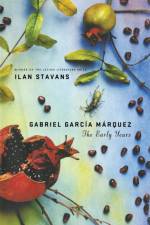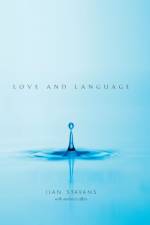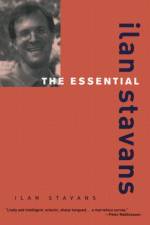av Ilan Stavans
355,-
"This volume is a people's history of English in the United States, told by those who have transformed it: activists, teachers, immigrants, journalists, poets, dictionary makers, actors, musicians, playwrights, preachers, presidents, rappers, translators, singers, children's authors, scientists, politicians, foreigners, students, homemakers, lexicographers, scholars, newspaper columnists, senators, novelists, and a slew of fanatics. It begins with the English used by the settlers in Plymouth Colony and concludes (for now) with John McWhorter's tribute to punctuation that bends the rules. The quest is to understand how an imperial language like English, with Germanic origins, whose spread resulted from the Norman conquest, came to be an intrinsic component of the most influential democratic experiment in the world. Edited by internationally renowned cultural commentator and consultant for the OED Ilan Stavans, it is organized chronologically and offers a banquet of letters, poems, essays, dictionary entries, stories, songs, legislative documents, and other evidence of verbal mutation. Immigrants have propelled these transformations. Hybrid dialects like Yinglish, Spanglish, and Hawaiian pidgin have flowered. Our linguistic and cultural multiplicity has sparked fierce national debates that play out in these pages--from the compulsory education (and deracination) of Native Americans, to the classification of Black Vernacular English (once celebrated and ridiculed as Ebonics), to the dictionary wars over prescriptive versus descriptive usage, to the push for "English only" mandates that persist to this day. What is clear is that as much as we try to corral it, American English gallops ahead to its own destiny. Driven by American innovators, English has become the global language of both business and entertainment--the medium of the laws that bind us, the art that inspires us, and the connections we forge across cultures. A compendium that is as rich and diverse as the country itself, The People's Tongue helps us grapple with how English has become the world's lingua franca."--


